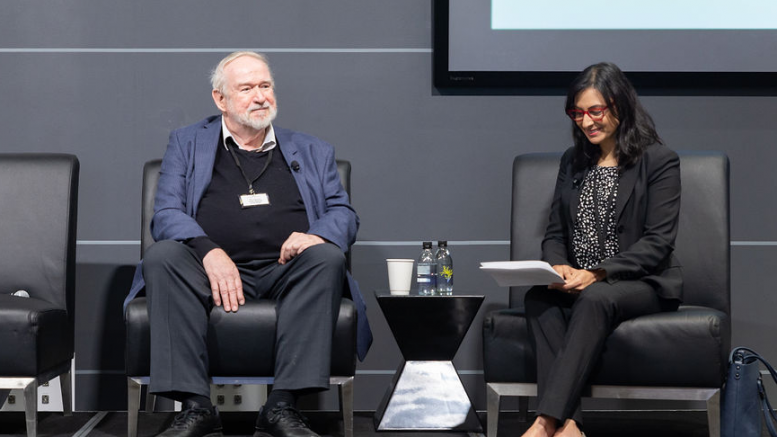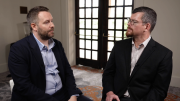Jim Cooney is a pioneer in the field of sustainable development in mining who coined the term “social licence to operate” in the 1990s.
Starting off his career with Cominco in the 1970s fresh from academia, he got the chance to work on the company’s first-ever socioeconomic impact study for the Highland Valley copper mine in B.C. Later, Cooney’s influence was instrumental in making Placer Dome the first mining company to adopt sustainable development in practice and principle in the late 1990s.
But it wasn’t easy getting there.
Reflecting on his career at The Northern Miner’s recent Global Mining Symposium, Cooney said that even though Placer Dome was a sophisticated company with an “admirable value system,” there was still resistance to the concept of sustainable development in mining.
“I remember one of our senior vice-presidents said, ‘you know, Cooney, you’re talking about sustainable development and I see you building a Trojan horse. You’re bringing the enemy inside the camp. They’re going to destroy us from within.’”
Cooney, inspired by the UN’s 1987 Brundtland Commission report, which introduced the concept of sustainable development, wanted to work with NGOs focused on human rights and environmental protection, describing them as partners rather than adversaries.
“Because unless we all get this right together, it’s not going to work,” he said. “So sustainable development became a much more sophisticated way, in my view, of dealing with the issues confronting mine development.“
It was also a risk management tool, noted Cooney, who was inducted into the Canadian Mining Hall of Fame in May.
“It brought you into dialogue with all these other institutions in the civil society and you can start anticipating where they were going and what their demands are going to be and what future challenges would face you… That’s why I became enthusiastic about it because I could see the benefit to the industry and eventually others came to see it too.”
But Cooney made a distinction between the concept of sustainable development and the industry’s current focus on ESG (environmental, social and governance) standards.
“My perspective is that ESG indicators and sustainable development have little in common,” he said. “ESG is a way of counting the trees and measuring the thickness of the bark and all sorts of things, but tells you almost nothing about the forest.”
Cooney said he sees ESG as “something that’s invented for the financial markets to protect themselves,” noting sustainable development requires a different approach that could incorporate more subjective measures of a mine’s impact.
“I’ve always thought that if you want to know the full impact of a mining operation on the community, don’t measure the average income improvements or the infrastructure improvements or the education improvements or the the social development that’s taking place in the community so much because that’s not what the people that live in the community are really measuring it their own lives by,” he said. “It’s a more holistic, integrated understanding of life that the people in the communities have.”
Watch the complete video from the GMS, held in Toronto on May 25, here:






Be the first to comment on "GMS Video: Why sustainability pioneer Jim Cooney thinks ESG is on the wrong track"